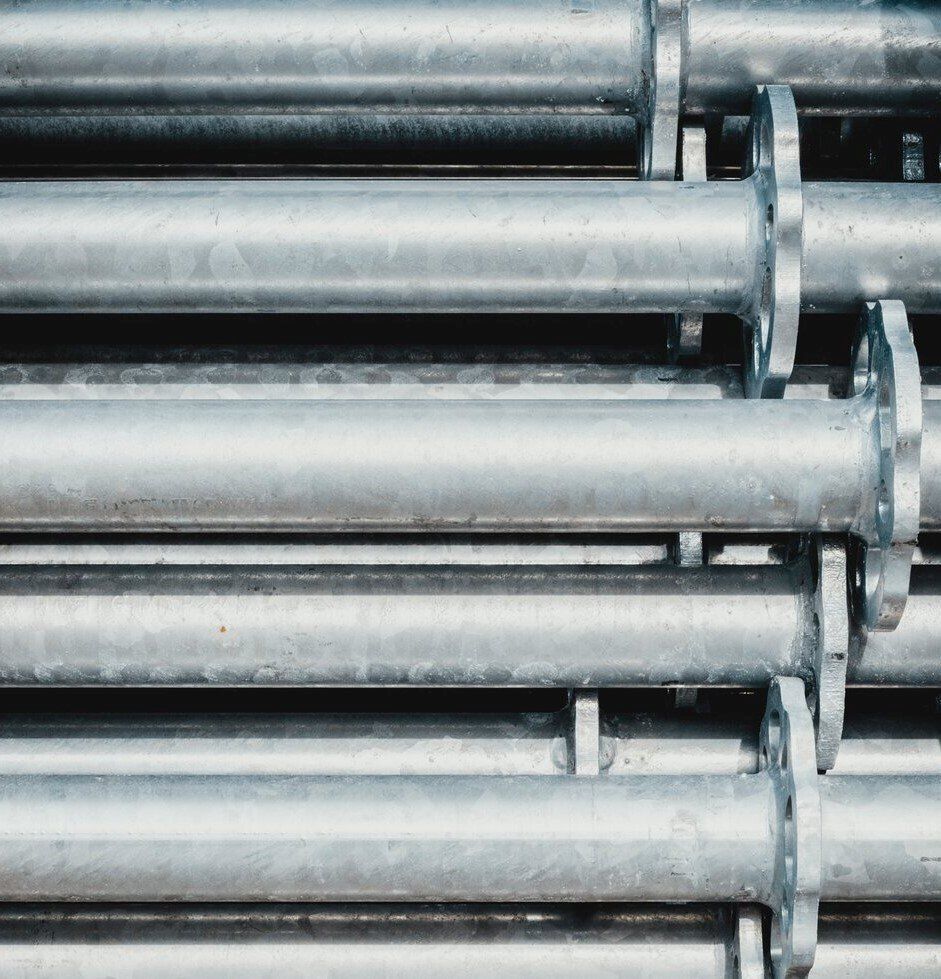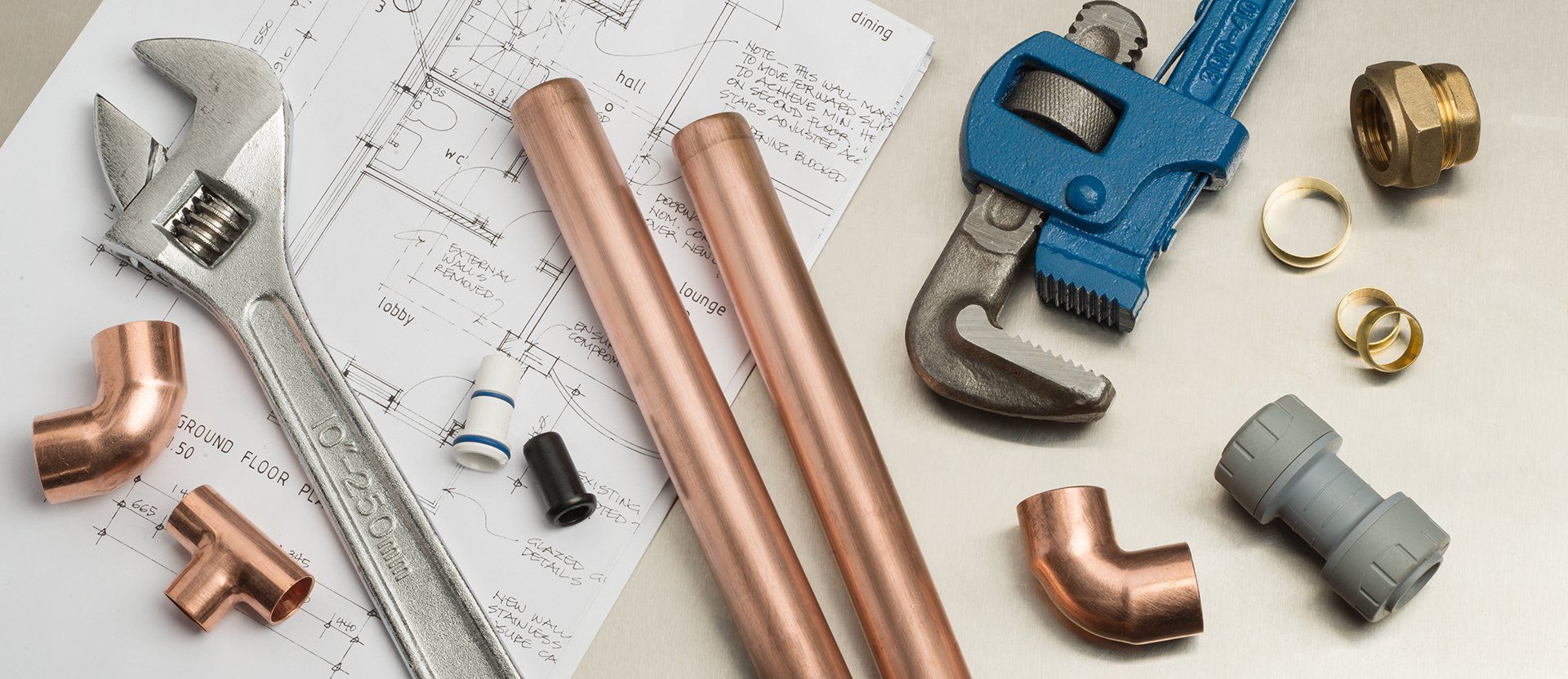3 Critical Areas That Require Special Attention In A Home Plumbing System
Comparatively, commercial plumbing systems are more appreciated and cared-for than residential systems. Although there is no documented data to support this assertion, many plumbing practitioners can attest to this fact. Except for the occasional service call, which is spurred by an emergency plumbing problem, residential systems are rarely tended to, especially by professionals. Notwithstanding the fact that residential plumbing systems handle lower workloads as compared to commercial systems, they still deserve more in terms of routine inspection and maintenance.
Understandably, homeowners have limited resources and hence cannot afford the formalized routines associated with commercial plumbing clients. Still, homeowners can maintain a robust plumbing system by simply focusing their care efforts on several key areas. In terms of functionality, all components in a plumbing system play an important role to ensure the smooth running of the whole. However, some sections of the home plumbing system require extra care and maintenance to ensure optimal performance and avoid emergency breakages and breakdowns.
Water Supply Controls
The water supply control section consists of two very important and sensitive components: the water meter and the shutoff valve. The meter records water usage in the household, while the shutoff valve shuts down all the water in the house. Despite their huge functional significance, the two components require relatively simple care and maintenance habits. For starters, inspect them regularly to ensure that they are both functioning properly. Close the shutoff valve and then check the house to confirm that no water flows in the entire house. To test whether the water meter is functioning properly, you can seek the services of a professional plumber. You can also use the water meter to check for leaks. Start by noting the meter reading at night after everyone has stopped using water and then wake up early before everyone else and recheck the reading — if the two readings are different, it means there is a leak.
Sewage System
The sewer system is another important and sensitive section that requires special care and maintenance. Start by getting acquainted with your home sewer system. To do this, you should conduct a thorough inspection of the drainage and sewer system; including the septic tank. Determine whether your home sewer system drains into a private septic tank or into a municipal sewer system. Also, check the volume, age, maintenance record, and feed piping (sewer lines) system of the septic tank.
Inspecting the sewer lines can be quite challenging because most of the pipes are laid several feet below the ground. Luckily, you can hire any professional plumber who provides sewer services for high-tech sewer line camera inspection services. Using this technology, check for any broken, damaged, or clogged sewer lines. If you find any sewer line problems, tell the plumber to repair or replace the pipes immediately.
The Home Water Heating System
Another pivotal section of the home plumbing system is the water heater. The water heater supplies the whole household with hot water. Home hot water heaters are specially designed installations that use either electricity, gas, geothermal, or even solar. By supplying hot water to all fixtures in the home, the water heater plays an integral role in the household. To optimize the functionality and enhance the efficiency and performance of a home water heater, consider the suitability of its structural design (storage or tankless), size, fuel source (electricity, gas or solar), and age. To decide whether to upgrade or replace the heater, conduct regular inspections to assess its condition; thereby avoiding abrupt breakdowns and the subsequent inconveniences.
You might also like




